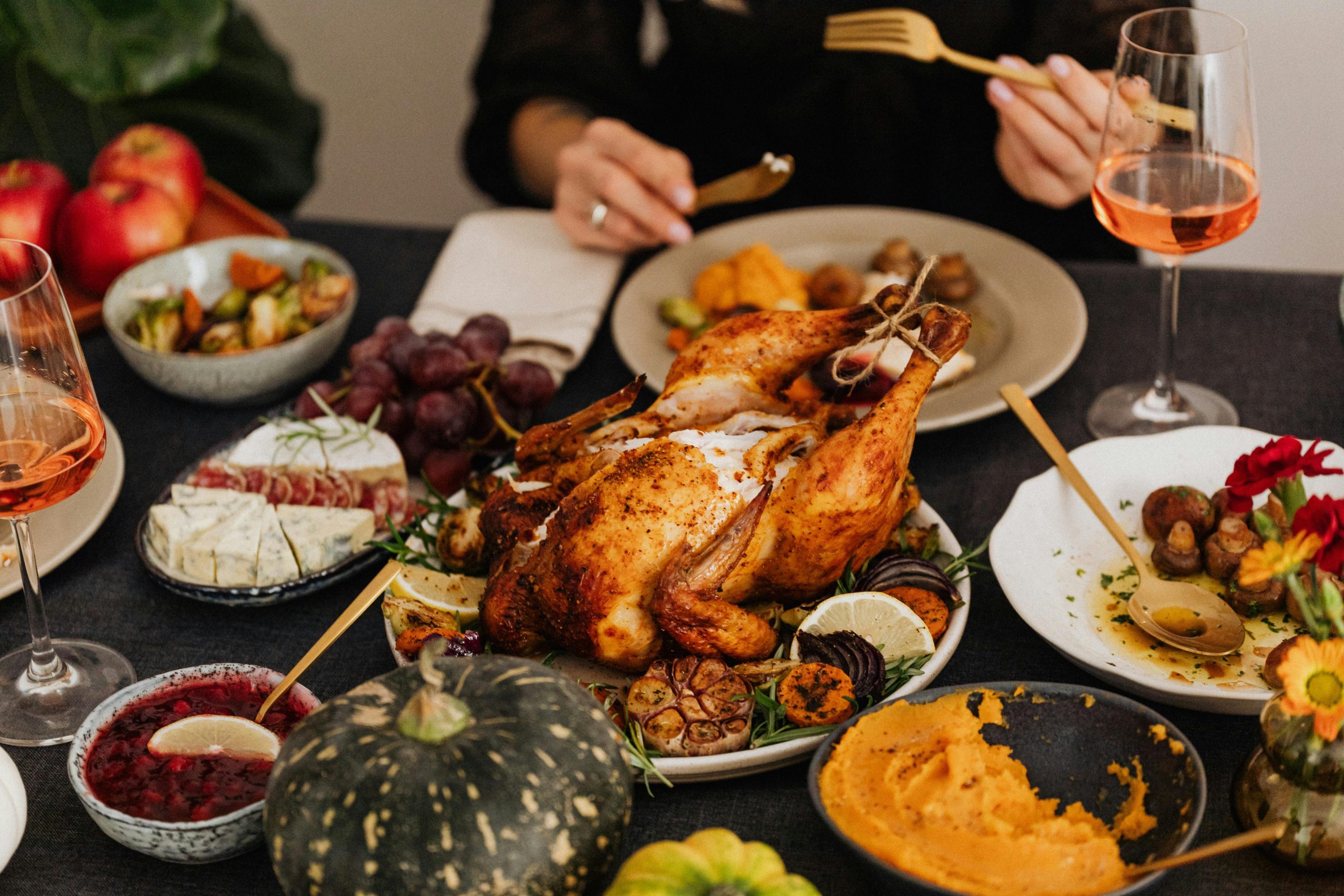While many are anticipating the upcoming holidays to be merry and bright, there are others who dread the political elephant in the room at their family gatherings where divergent opinions are a reality. As a practicing psychotherapist, I’ve noticed it coming up a lot lately, the question of how to enjoy the traditional family gatherings while avoiding landmines that have the potential to not only blow up the festive environment but have real relationship impact.
Let’s begin by acknowledging that this time of year can be tricky for many already. Loneliness or grief of a recently lost loved one can sting during this time of year. And many face challenges returning to their family of origin “nests” because of unresolved issues or problematic relationship dynamics. This comes up annually in my work, regardless of the political climate; questions about how to set boundaries and even possibly remove oneself gracefully. Adding in the vastly divergent energetic political positions people have taken lately makes the reality of fraught dinner tables around the country a distinct possibility.
The post-election emotional reality.
You are thrilled at the result, panicked by the result, ambivalent about the result or otherwise. The trouble brews when people on opposite ends of the continuum come together. Strong feelings either way may trigger a strong desire for discussion which with a group of like-minded individuals, would probably occur without incident. The same strong feelings among differing perspectives can also trigger intense reactions that can escalate quickly. Some in my therapy practice are not the only ones who have expressed concern. It’s reverberating across the country.
According to this recent New York Post article, Election results make the holidays tougher on families this year – here’s how to avoid conflict,
About 22% of travelers expect that politics could start a family feud during the holidays this year, according to a recent survey by the tourism market research firm Future Partners.
Those who more recently left the kids’ table are the most nervous.
Around 38% of Gen Z and 29% of millennial travelers are anxious about the table talk, compared with just 11% of Baby Boomers.
Some have even gone as far as canceling their festive family get-togethers.
If the issue of conflict around politics is a concern, whether you are a host or a guest, you can help protect the peace, whether it be the peace of the group as a whole or your own.
- Have a pre-holiday discussion. Consider talking to family members or friends beforehand. Suggest a “politics-free” holiday gathering, explaining that you want everyone to feel comfortable and enjoy the time together. This also could include an agreement to be mindful of alcohol intake.
- Stay focused on common ground. Discussing shared interests, reminiscing about old times and doing activities together can naturally keep the energy positive.
- Be kind. No matter where you are coming from on your perspective, consider what kindness in how you show up would look like, whether you are in the majority of opinion at the gathering, or minority.
- Keep an eye on boundaries. If other conversations veer down a potentially problematic path, gently try to divert elsewhere by changing the subject.
- Remind yourself what’s important. If you are the type that might like to “poke the bear,” ask yourself if it’s truly worth it. Everyone’s emotions are valid and in some cases, they are visceral. If there are guests you know are dealing with difficult post-election feelings, don’t underestimate the consequences of you “joking” with them about something they truly do not find funny. The same goes in the other direction. Does lighting up the situation have a higher priority than preserving the relationship?
- Don’t take the bait. If someone is persistently being inflammatory towards you, take a deep breath to self-regulate, then state firmly that you don’t want to discuss politics. Strike up a conversation with someone else to distract.
- In case of emergency, pull the handle. Decide ahead with your partner, friend or yourself if solo, what you will do if things get unmanageable. If you are with someone, agree in advance on a visual cue that means it’s becoming too much. Perhaps you can take a break from it by sitting outside on the porch for some air, go for a brief walk around the block, or even leave all together, if needed.
Holidays can be magical, warm and fuzzy, a celebration of the days themselves but also of the most important people to you. In the big picture, what matters the most? If everyone can pull the lens back to this wider view, perhaps we will all be more successful at not allowing lasting relationship damage or complete cut-offs to occur. But it requires self-awareness, sensitivity and thoughtfulness. Can we rise to the challenge?




